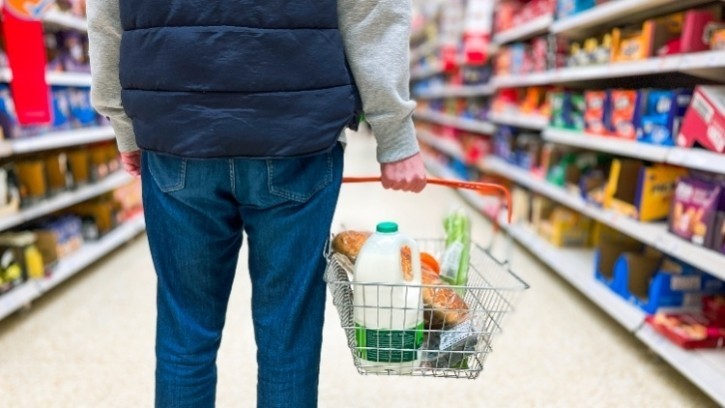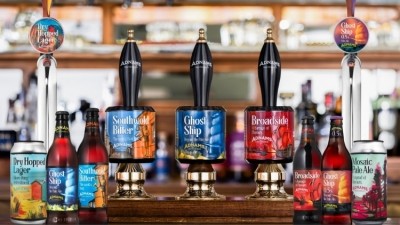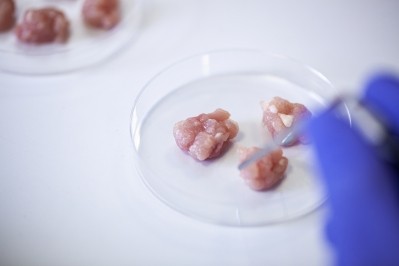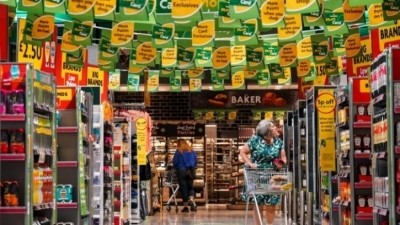News
Easter boosts grocery sales as inflation rate declines

The market researcher found that an early Easter data has helped boost the sales of seasonal treats by £88m over the first three months of 2024 when compared with the same period last year.
This trend has appeared amid the continued fall of the food and drink inflation rate, with Office for National Statistics numbers showing that it fell to 5% in February. This is the lowest it has been since January 2022 after the rate fell in 11 consecutive months.
Kantar data also shows that volume sales of hot cross buns increased by 15% versus last year.
However, consumers remain on the lookout for value, with 78% stating that they are actively buying cheaper groceries and 68% taking advantage of promotions in a bid to manage their budget.
This is evidenced by the fact that an additional £605m was spent on deals this month than in March last year, while premium own-label lines saw a sales increase of 16.1% in the four-weeks to 17 March.
However, sales of branded goods pushed just ahead of the own label category overall, increasing sales by 6.1% and 4.7% respectively over the last four weeks.
In the battle for supremacy among the supermarket chains, Tesco retains the last market share at 27.3%, with Sainsbury’s in second at 15.2%. Year-on-year sales at the two grocers climbed by 5.8% and 6.7% respectively.
Asda ranks third with a 13.8% share as sales increased 0.2%, placing it ahead of Aldi at 9.8% and Morrisons at 8.7% in terms of market share.
Nick Ryan, co-founder and CCO at Acumen, said that while the easing of grocery price inflation had come as a source of respite for consumers, food and drink manufacturers were facing newly created challenges.
“The 16.1% surge in premium own-label sales signals consumers are aggressively trading down to seek better value – a threat to branded FMCG products,” Ryan told Food Manufacture.
“Discounters like Aldi and Lidl are also capitalising on this trend, with strong growth in categories like baked goods and produce.
“To defend market share, FMCG companies must urgently re-evaluate their pricing, promotional strategies, and value propositions. Offering compelling value that resonates with today’s cost-conscious consumers is paramount.”
Ryan said that manufacturers should look to leverage trade promotion management (TPM) platforms “instead of relying on deep discounting to retain market share”.
He added: “By centralising pricing, promotions, trade terms and retail sales data, TPM solutions enable informed strategic decisions, not reactive guesswork.”
In other news, Morrisons posted a 4.6% increase in like-for-like sales during Q1 of 2023/24.

















